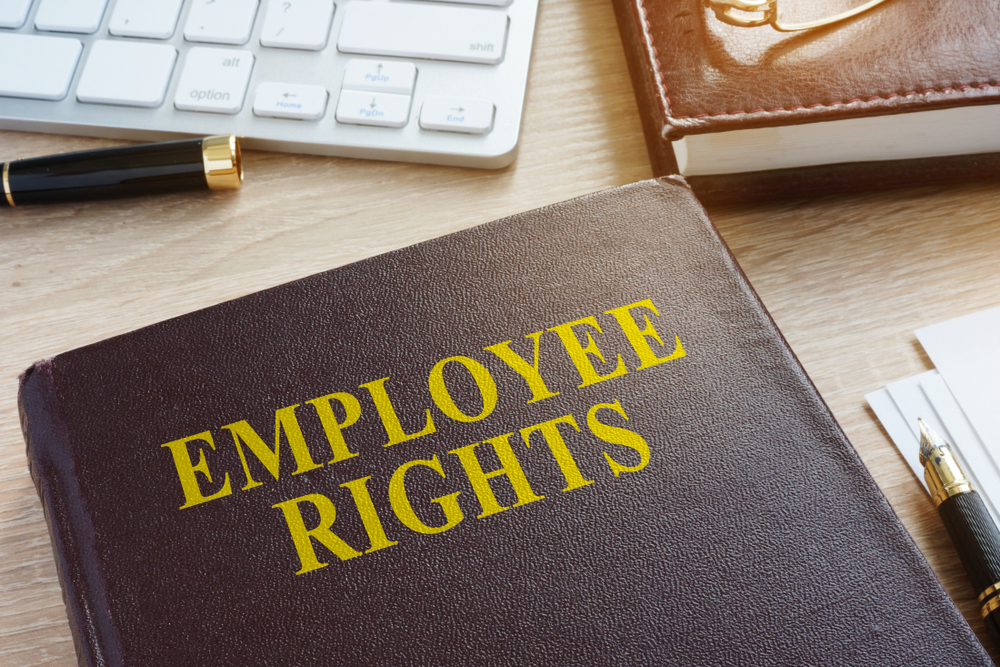Understanding Employee Rights: What Every Employer Should Know
16th April 2025

Navigating the complexities of UK employment law can be challenging for employers. Understanding employee rights is crucial to fostering a fair and compliant workplace.
Sarah Everton, Head of Employment Law at Myers & Co, explores the importance of understanding employee rights.
Employment Status and Rights
In the UK, employment status significantly impacts the rights and protections an individual is entitled to. There are three main types of employment status: employees, workers, and self-employed individuals.
- Employees: Employees have the most extensive rights, including statutory sick pay, maternity and paternity leave, redundancy pay, and protection against unfair dismissal.
- Workers: Workers are entitled to certain rights such as the national minimum wage, holiday pay, and protection against unlawful discrimination.
- Self-employed: Self-employed individuals generally have no employment rights but enjoy significant flexibility in their work arrangements.
What are the Key Employee Rights?
Understanding key employee rights is essential for both employers to ensure a fair and compliant work environment. As an employer, it’s crucial to recognise and adhere to these rights to avoid legal disputes. Here’s some key employee rights that you need to know:
- Pay and Working Hours: Employees are entitled to receive at least the national minimum wage and are protected by the Working Time Regulations, which include rights to rest breaks and limits on working hours.
- Leave Entitlements: Employees have rights to various types of leave, including annual leave, maternity, paternity, adoption leave, and parental bereavement leave.
- Protection Against Unfair Dismissal: Employees who have worked continuously for their employer for at least two years are protected against unfair dismissal.
- Redundancy Pay: Employees with two years of continuous service are entitled to statutory redundancy pay if they are made redundant.
- Flexible Working: Employees have the right to request flexible working arrangements.
What are the Employer’s Responsibilities?
Employers must ensure compliance with employment laws to avoid legal disputes and foster a positive work environment. Key responsibilities include:
- Fair Recruitment Practices: Employers must follow fair recruitment practices and avoid discrimination during the hiring process.
- Written Particulars of Employment: Employers are required to provide employees with written particulars of employment, usually in the form of a contract.
- Health and Safety: Employers must ensure a safe working environment and comply with health and safety regulations.
- Minimum Wage Compliance: Employers must pay employees at least the national minimum wage.
- Handling Leave Requests: Employers must manage leave requests fairly, including maternity, paternity, and flexible working requests.
How Can Myers & Co Help?
Understanding and adhering to UK employment law is essential for employers to maintain a fair and compliant workplace. Myers & Co is dedicated to supporting employers in understanding and navigating employment law. Our team of experts, led by Sarah Everton, Head of Employment Law, provides comprehensive guidance to ensure compliance and foster a positive work environment.
For further information on employee rights and how understanding them can benefit your business, please contact Sarah Everton, Head of Employment, on 01782 491025 or email sarah.everton@myerssolicitors.co.uk. Myers & Co has offices in Stoke-on-Trent, Staffordshire.

